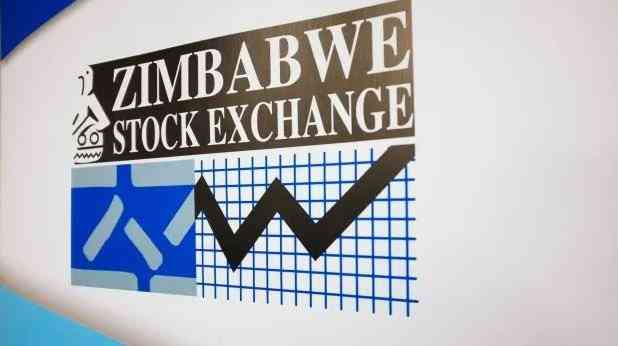
IN a dramatic twist of events that saw the Minister of Finance and Economic Development, Mthuli Ncube suspending duty on basic commodities with effect from May 12 2023, the nation has plunged into mixed reactions as to how this would impact the economy at large, and how this would address the intend.
In a bid to stabilise the runaway exchange rate, the minister removed import licences on basic commodities, as well as import duties and taxes.
Zimbabwe has been facing vast economic challenges in recent years, including high inflation rates and a volatile exchange rate. In a statement dated May 12 2023, the government alluded that the suspension of duty will enhance supply and affordability, which could help stabilise the exchange rate and boost economic growth.
Import duty is a tax that is imposed on goods that are imported into a country. It is usually calculated as a percentage of the value of goods and is meant to protect local industries from foreign competition.
Import duty makes imported goods more expensive, which is typically meant to protect the demand of local goods. Suspending import duties, therefore, makes imports cheaper.
While the government suggested that this would stabilise prices and subsequently inflation, it is imperative to understand pricing mechanisms and cost-transfers from producer to final consumer. Making imports cheaper through the suspension of duty means the local retailers can opt to import on their own and do away with local producers, taking advantage of cheaper imports and better quality.
This move is not unprecedented as it has been put in motion more than twice by the government. Typically, the move is meant to encourage price stability as producers would offer better prices and terms to retailers in a bid to fight-off competition from foreign suppliers.
The low cost of purchases would be transferred to consumers by lowering retail prices. However, this is only bookish as doing this in Zimbabwe would yield huge losses for the producer than not producing at all or rather, operating at conservative volumes, while creating artificial shortages.
- Budget dampens workers’ hopes
- Govt issues $24 billion Covid-19 guarantees
- Letter to my People:They have no answers for Nero’s charisma
- ZMX to enhance farm profitability
Keep Reading
Local producers have for a long-time demanded payment in forex from retailers as they require it for importation of raw materials.
This has seen retailers seeking to preserve value in real-terms by transferring the cost to consumers to avoid exchange losses. This is what the government is seeking to fight by opening up ground to foreign players and force local producers to offer better terms.
The suspension of duty, therefore, will only squeeze local producers as they hold on to inventory in the interim, while retailers will thus opt for directly importing goods.
This means the demand for foreign currency by retailers will remain constant in the interim while trimming Balance of Payment (BOP).On the upside, the removal of duty can lead to increased access to raw materials and other inputs needed for production. This can help local producers to improve the quality of their products and increase their output, which can lead to increased profits and economic growth.
On another note, the removal of duties is only targeted to a number of basic goods, which renders the overall impact insignificant on the aggregate BOP. However, since the suspension is only valid for six-months, it is important to assess the possible actions from economic players.
The country is likely going to witness an even flow of goods over the interim, while local retailers hoard imported goods at a less cost. These goods will later flood the market when the suspension is lifted, taking advantage of arbitrage as the adjusted price will now factor the cost of duty. In overall, while the duration may be short-lived to succumb to negatives, it offers great room for arbitrage.
Duma is a financial analyst and accountant at Equity Axis, a leading media and financial research firm in Zimbabwe. — twdumah@gmail.com or tinashed@equityaxis.com, Twitter: TWDuma_










